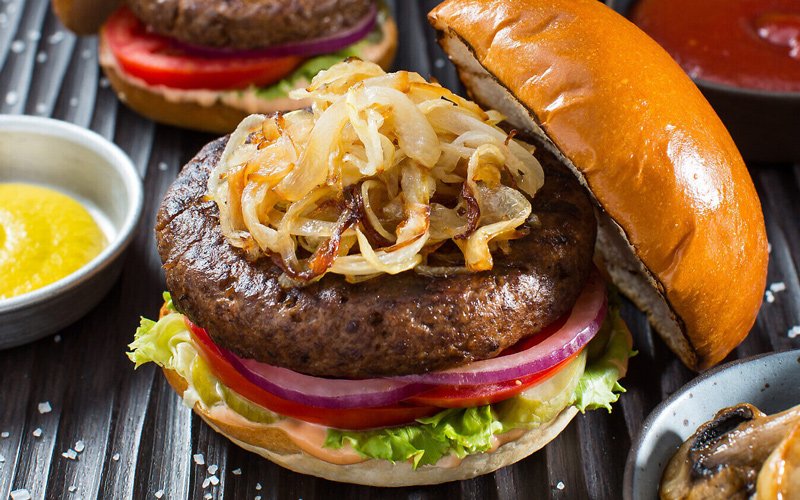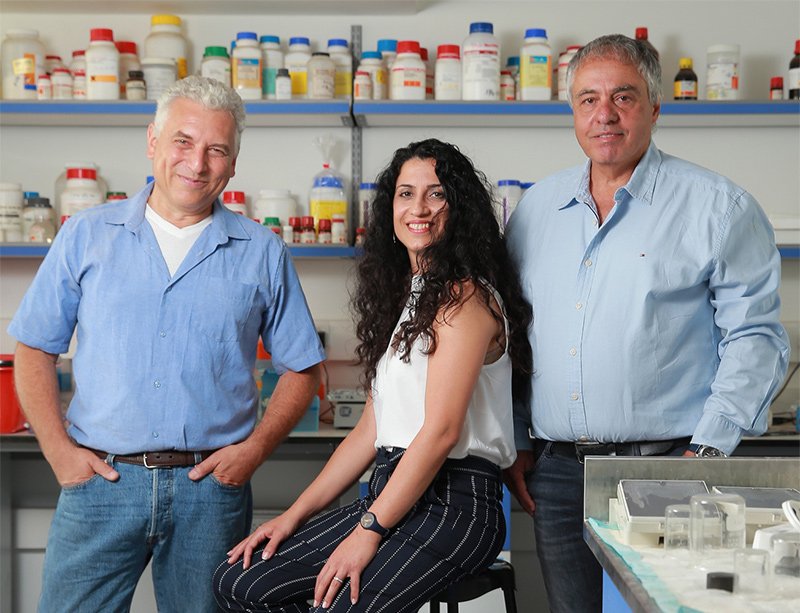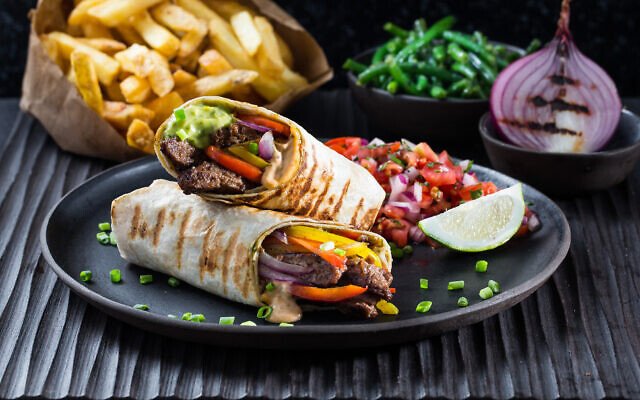

Israeli startup SavorEat, a maker of 3D-printed, plant-based meat alternatives, held an initial public offering of shares on the Tel Aviv Stock Exchange on Wednesday, a pre-money valuation of some NIS 170 million ($50 million), the company said in a statement.
The company raised NIS 42.6 million (some $13 million) from Israeli institutional investors in the share sale.

The startup, founded in 2018 by CEO Racheli Vizman, CTO Prof. Oded Shoseyov and Prof. Ido Braslevsky, had previously raised some $5.5 million from investors, the company said in the statement. Investors included Millennium Food-Tech, Meitav Dash and More Investment House.
SavorEat uses technology developed at the Faculty of Agriculture of the Hebrew University of Jerusalem by Shoseyov and Braslevsky, which was licensed exclusively from Yissum, the technology transfer arm of the university. The product combines 3D-printing technology, plant based ingredients in cartridges, and a unique, plant-based nano-cellulose fiber developed by the scientists. The cellulose binds the ingredients together, creating a meat-like texture.

The 3-D printer is the height of two microwaves and the length of one. Cartridges are inserted into its with the ingredients — fat, cellulose, water, and flavors and colorings.
Customers would use an app to order their food — specifying the amount of protein and fat preferred, according to their tastes. The machine would get the order, and, at the press of a button, the components of the burger or other foods will be mixed together within six minutes, ready to be cooked, said Vizman. The products can then be cooked, grilled, or baked, making the same “sizzling sounds” and smells as meat does, Vizman explained in a phone interview.
SavorEat’s said its products reflect the unique taste and texture of meat, including fat, muscle and tissue. The company has filed patent applications for the 3-D food production method in the United States, Europe and Australia.
The company plans to sell both the machine and the ingredients to restaurants, allowing them to manufacture burgers and eventually other products in-house, Vizman said. By the summer of 2021 the products and printers will be part of the BBB burgers network of restaurants, she said, in a pilot run. SavorEat is hoping to strike deals for pilots with additional sites and networks, she said.
The technology is still being developed, said Vizman.

At the moment each robot creates two patties at a time, she said. The capacity can be increased, Vizman said, but the firm prefers to get feedback from the pilot before deciding what is the optimal capacity.
As part of a cooperation agreement with the BBB chain in Israel, its employees are helping with product development and the installation of systems in the chain’s kitchens.
In summer 2021customers will be able to sit at the bar in the BBB restaurants and “see the burger being made, experience the smell and listen to the sound of grilling,” Vizman said.
The cartridges with the ingredients are sterile, and can stay at room temperature for several months, she said, which is good both for costs, logistics and sustainability. The products are gluten free, kosher and vegan, she added.
Several Israeli startups have joined companies around the globe in trying to develop lab-grown meat, which they see as a solution to the needs of the world’s growing population, with the rising demand for food. Compared to the inefficient and unsustainable production of meat, cultured meat is estimated to consume by comparison 10 times less water, less land and less energy.
There are other companies in Israel operating in the meat-substitute space: Future Meat Technologies and SuperMeat grow beef and poultry cells, respectively, and Aleph Farms and Biofood Systems are initiatives offering whole-muscle beef grown without the animal.